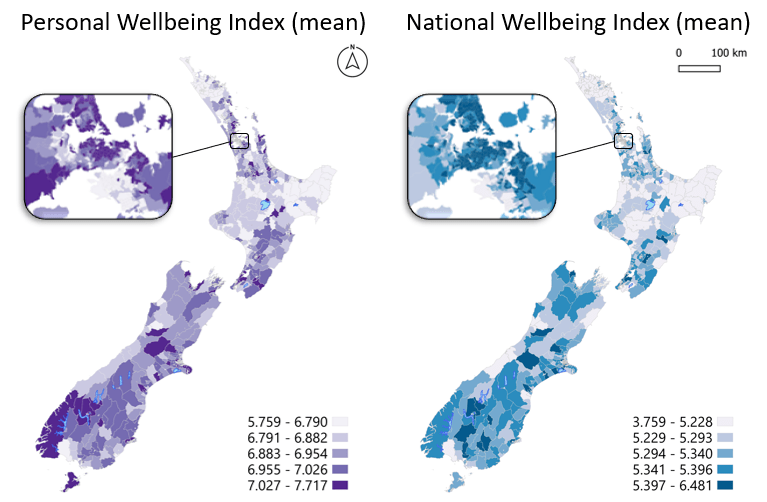
This research focuses on wellbeing as an indicator of quality of life, we aim to create a nationwide dataset that can be used to understand wellbeing in Aotearoa New Zealand.

The REACH Research Group investigates how couples and families can overcome emotional, attachment and relationship difficulties to effectively support each other and resolve conflicts to enhance their health and wellbeing.
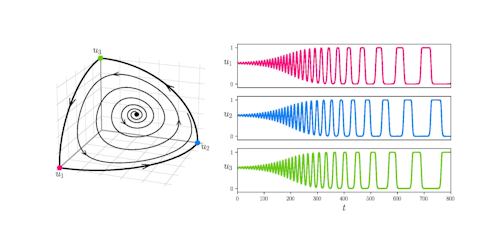
Understanding the dynamics near heteroclinic networks is currently an active area of mathematical research, but the focus of the current project is somewhat different.
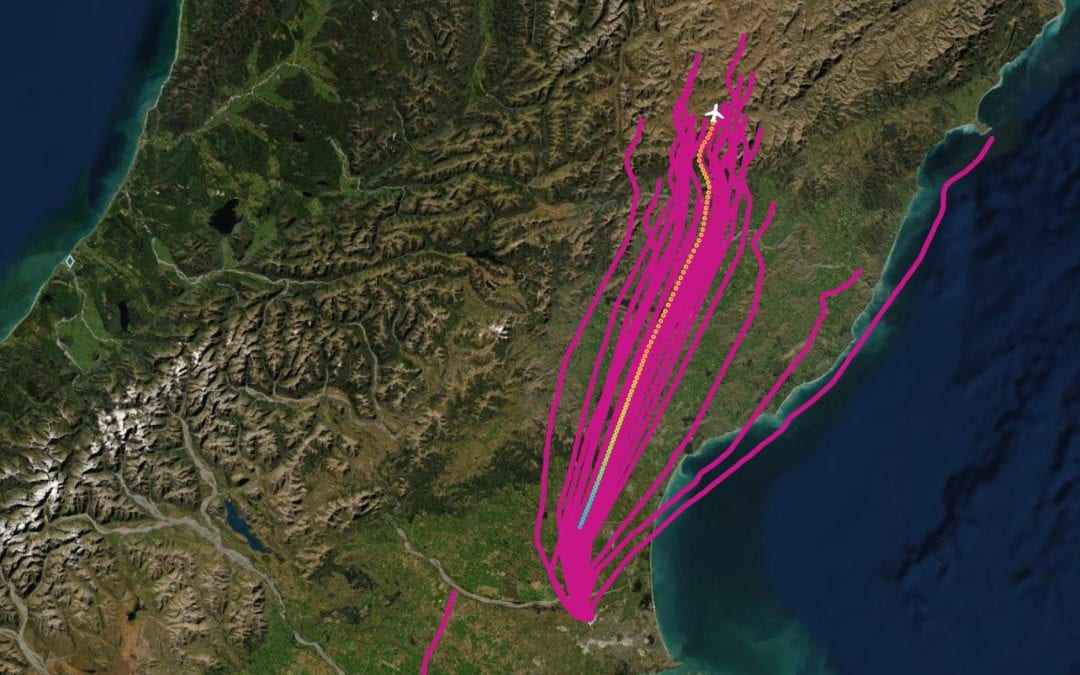
ongowai (Rongo – to sense; wai – water) is an international collaborative mission hosting a next-generation Global Navigation Satellite System Reflectometry (GNSS-R) payload on board a commercial Q300 aircraft to collect climate data about New Zealand during flight.

Using Statistics New Zealand’s Integrated Data Infrastructure (IDI) would enable linkage between NZ Police, health and social sector data, to better understand citizens in mental distress.

The project began with a patient’s decision to donate her inoperable cancer tissue for research. Over the years, medical monitoring has enabled scientists to gather a large amount of information on the growth of cancer as well as its distribution in the patient’s body.
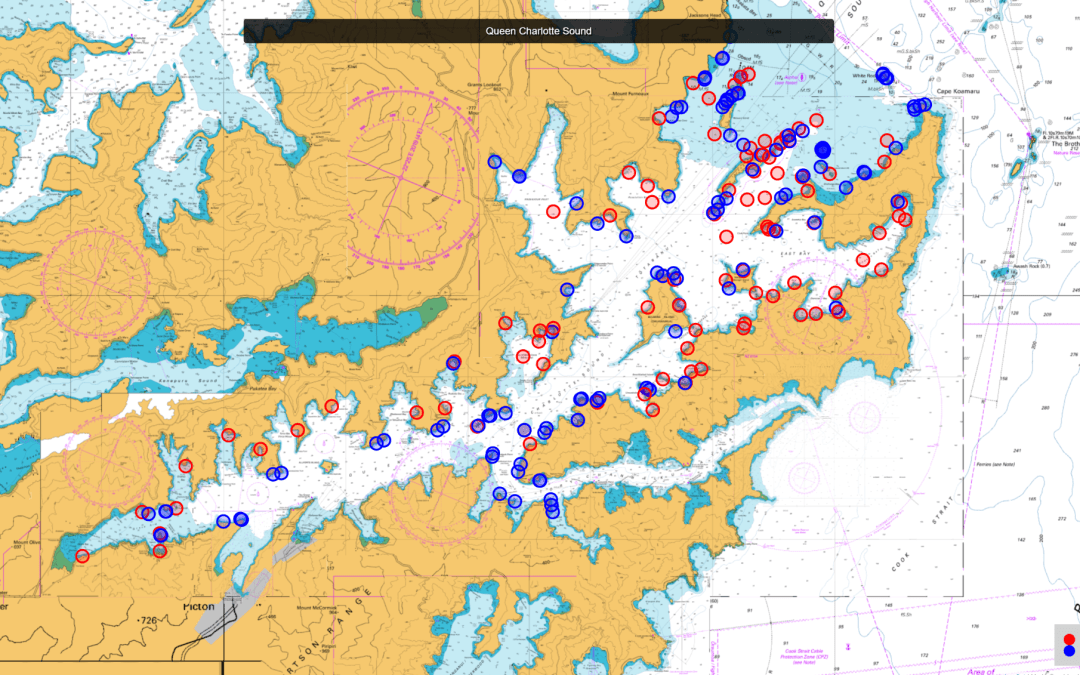
Investigating the ecological effects of fishing and sediment run-off from land in Queen Charlotte Sound, whilst also looking for areas that might be suitable for restoration in the future.

The Centre’s Research Data Management team provides consultancy on processes and structures that support healthy data workflows. Central to this work, we must be able to answer the question: “Where is the data?”
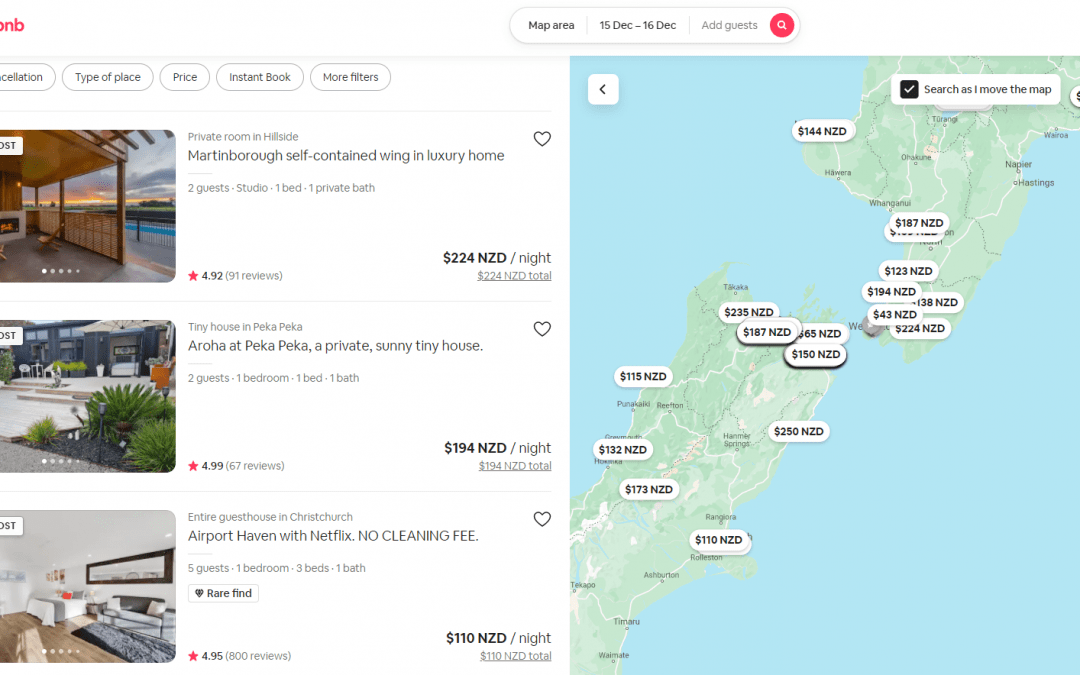
Investigating the impact of Airbnb on land use, land value and policy regulations
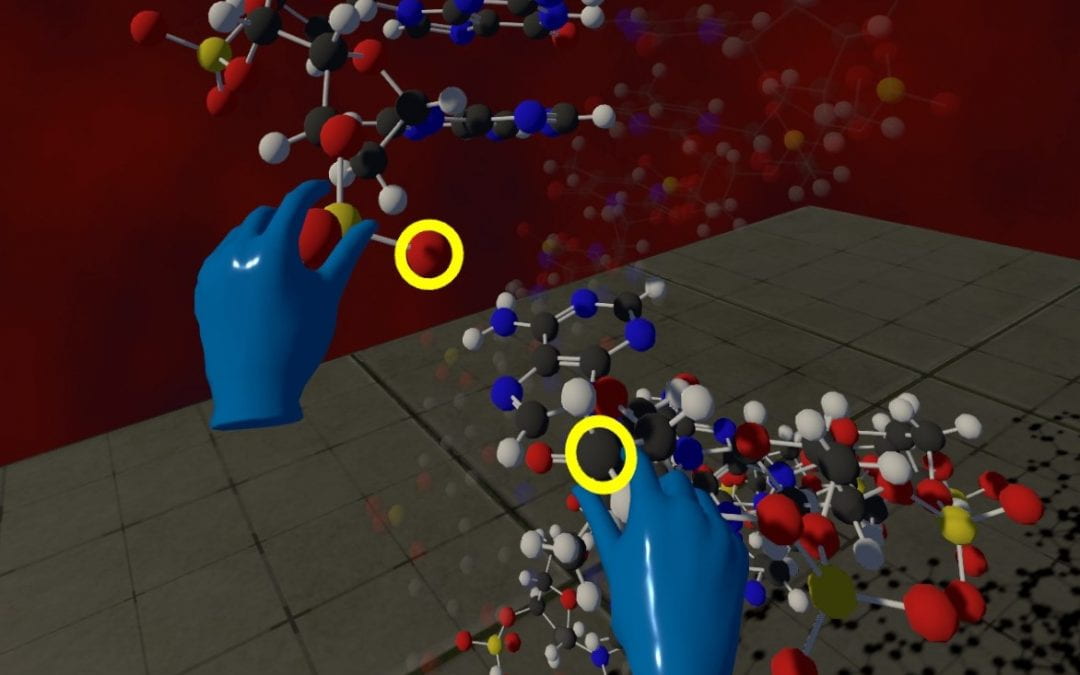
Hands-on DNA is a virtual reality (VR) learning experience to explore how the unique benefits of VR could be applied to issues encountered in tertiary molecular biology education.









